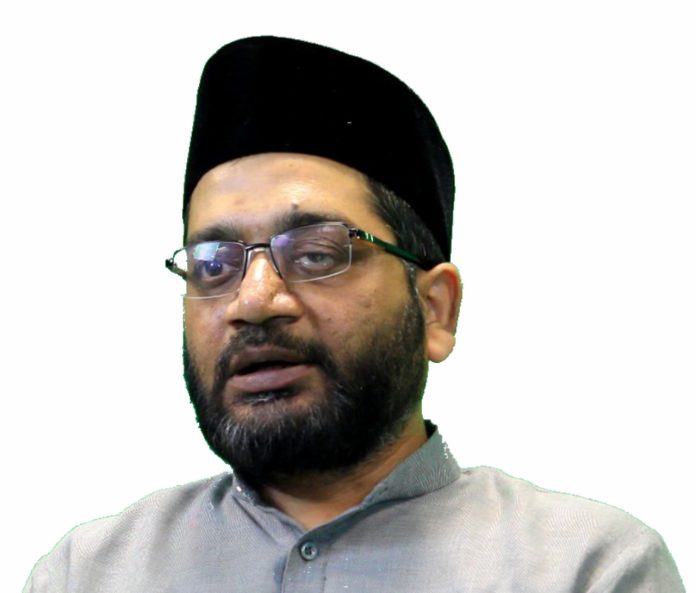New Delhi: The Amir (President) of Jamaat-e-Islami Hind (JIH), Syed Sadatullah Husaini, has expressed disappointment over the Union Budget 2025-26, stating that the government missed several crucial opportunities for balanced economic growth.
In a statement to the media, Husaini acknowledged some positive aspects of the budget, including the increase in the income tax exemption limit to ₹12 lakh and adjustments in tax slabs benefiting the middle class. “This step will not only provide relief to taxpayers but also increase spending capacity, which in turn will boost the country’s economic growth,” he said.
Another key highlight, he noted, was the government’s effort to maintain the fiscal deficit at 4.4% of GDP despite a financial loss of ₹1 lakh crore. He emphasized the need for regulatory reforms alongside debt control to facilitate ease of doing business and attract investment.
However, despite these positives, Husaini expressed deep concerns over the budget’s failure to address critical economic challenges, particularly unemployment among youth and slowing GDP growth. “This budget was an opportunity to reassess economic policies to ensure justice and equal development opportunities for all,” he stated.
JIH had submitted recommendations to the Finance Ministry before the budget announcement, highlighting the growing inequality, unemployment, and economic marginalization. Their proposals focused on moving beyond supply-side strategies to include demand-side approaches aimed at enhancing purchasing power, increasing consumption, and promoting welfare. “Unfortunately, our key recommendations were largely ignored,” Husaini lamented.
He pointed out that the budget has reduced total government expenditure by ₹1 lakh crore, which will negatively impact social welfare programs and worsen conditions for the underprivileged.
Husaini further criticized the lack of provisions for marginalized communities, including minorities and Scheduled Castes/Scheduled Tribes (SC/STs). “Without a clear policy for their upliftment, the budget fails to address crucial social justice issues,” he said. He also called for restoring cuts in MGNREGA, introducing urban employment schemes, increasing healthcare spending to 4% of GDP, and allocating 6% of GDP for education under a comprehensive national mission.
Additionally, JIH had proposed capping GST on essential goods at 5%, introducing a luxury tax, imposing a windfall tax on large corporations, and increasing states’ share in revenue. “Regrettably, the budget remains silent on these important measures,” Husaini noted.
He also highlighted the absence of key reforms such as a digital tax on foreign tech companies, infrastructure bonds, and stronger corporate social responsibility (CSR) standards. “The lack of these initiatives will hinder efforts to reduce inequality, generate revenue for welfare programs, and ensure financial justice,” he warned.
Addressing concerns over national debt, Husaini pointed out that 20% of the total budget expenditure is allocated to interest payments on loans. “Instead of productive spending, a significant portion of funds is used to service debt. To break free from this debt trap, we must take bold steps,” he asserted.
He reiterated JIH’s recommendation for introducing an equity-based financial model, including interest-free banking windows within conventional banks. “This would mark the beginning of a new economic approach that prioritizes inclusive growth,” he added.
Concluding his remarks, Husaini urged the government to rise above political and electoral considerations and use the budget as an instrument for genuine economic transformation. “Only then can the country achieve real economic progress and prosperity for all citizens,” he stated.




